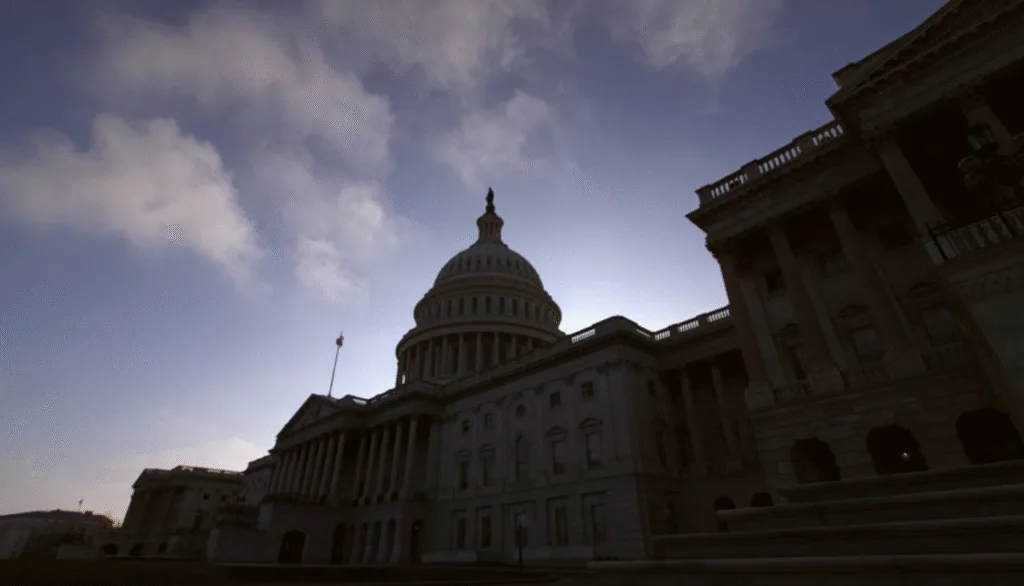How American Democracy Reached a Moment of ‘Existential Crisis’ (Live Event)

September 23, 2022
As the midterms draw near amid continuing false claims that the 2020 presidential election was stolen, FRONTLINE examines how American democracy reached this point. Veteran filmmaker Michael Kirk joins host Raney Aronson-Rath, FRONTLINE’s editor-in-chief and executive producer, for a special live recording of The FRONTLINE Dispatch to discuss what FRONTLINE’s season premiere, Lies, Politics and Democracy, reveals.
The two-hour documentary, structured as a countdown to the Jan. 6 attack on the U.S. Capitol, illuminates critical decisions that have profoundly undermined faith in the electoral process, leading to what journalist Tim Alberta says in the film is an “existential crisis for the United States of America.”
Kirk discusses a series of “inflection points” in which Republican leaders embraced the rhetoric of Donald Trump even as warning signs mounted.
“This was the leadership agreeing to be silent,” Kirk says, “agreeing to think they were gonna manipulate him, and then being manipulated themselves.”
Lies, Politics and Democracy is now streaming on FRONTLINE’s website, the PBS Video App and FRONTLINE’s YouTube channel.
Want to be notified every time a new podcast episode drops? Sign up for The FRONTLINE Dispatch newsletter.
Latest Documentaries
Explore
Policies
Teacher Center
Funding for FRONTLINE is provided through the support of PBS viewers and by the Corporation for Public Broadcasting, with major support from Ford Foundation. Additional funding is provided the Abrams Foundation, Park Foundation, John D. and Catherine T. MacArthur Foundation, Heising-Simons Foundation, and the FRONTLINE Trust, with major support from Jon and Jo Ann Hagler on behalf of the Jon L. Hagler Foundation, and additional support from Koo and Patricia Yuen. FRONTLINE is a registered trademark of WGBH Educational Foundation. Web Site Copyright ©1995-2025 WGBH Educational Foundation. PBS is a 501(c)(3) not-for-profit organization.



















